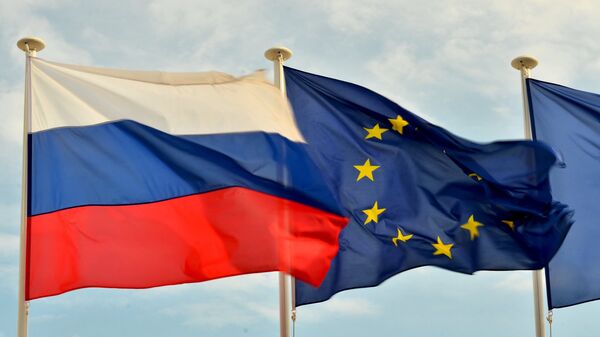He said that the anti-Russian sanctions had prompted Moscow to retaliate, in a move that will have far-reaching financial implications for the West.
"The EU pursues a policy of Cold War against Russia by notably imposing sanctions on Moscow, which was quick to respond in kind. In the long run, Russia's embargo against the West created a huge problem for the economy of Greece, which had earlier managed to create a considerable market in Russia," he said.
He said that Greece should pursue an independent foreign policy based on its national interests, and that Athens should not introduce sanctions against Russia.
Marias also expressed doubt that the European Parliament will adopt a political resolution that would lift sanctions.
"Right now, the balance of power in the European Parliament rests with its 751 MEPs: only 150 deputies are required to stop the sanctions," he said.
In his opinion, Russia plays an important role in the fight against international terrorism, but the sanctions ride roughshod over the West's rapprochement with Russia on this issue.
The Russian authorities have repeatedly refuted the allegations, warning that the Western sanctions are counterproductive. In response to the West's restrictive measures, in August 2014, Russia announced a one-year food embargo on most produce and other products originating in states that had imposed sanctions against it. The ban has since been extended for another year.





